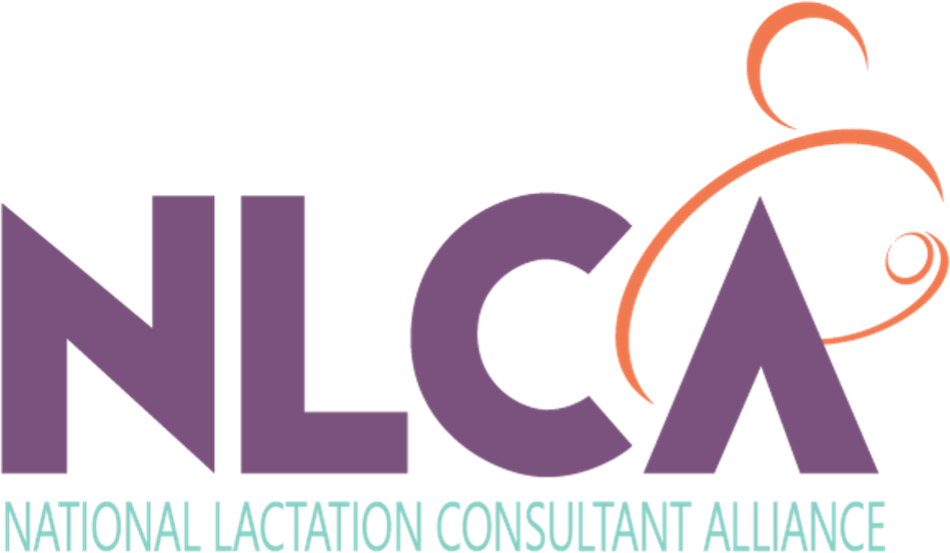Equitable lactation care
In its continuous efforts advocating for the IBCLC®, NLCA has issued this position paper on licensure. NLCA considers licensure of the International Board Certified Lactation Consultant integral to the provision of clinical lactation care to childbearing families. Licensure of qualified IBCLCs® facilitates clinical lactation care that is safe, affordable, risk appropriate, and equitable.
Advancing the profession
The position paper explores the need for licensure, the benefits, the challenges, and includes 27 references. Advocates can use this document in their work advancing the IBCLC® profession, in securing reimbursement for clinical lactation care services, in efforts to improve families’ access to clinical lactation care, and to enhance access to the profession.
Working for licensure.
At the National Lactation Consultant Alliance, we are looking to the future – a future in which breastfeeding families can readily access safe, clinical lactation care and in which Lactation Consultants are paid equitable compensation for their professional care. To achieve these goals, NLCA works for the licensure of Lactation Consultants in every state in the US.
Licensure is an access opportunity – an opportunity for Lactation Consultants to engage in a profession, be recognized as a member of the healthcare team, and be appropriately reimbursed for their clinical lactation care. Licensure represents an access opportunity for those under-resourced breastfeeding families to receive the clinical lactation care they need, to enjoy the same enhanced maternal/infant health outcomes as high resource families, and to experience a lower risk of maternal/infant morbidity and mortality.
We each play a role in achieving this vision by advocating for the value of the clinical lactation care that Lactation Consultants provide to families. Join us!
Licensure of healthcare professionals, such as Lactation Consultants, occurs at the state level.
Licensure is the means by which a state legislature sets the minimum standards of education and training for individuals to engage in the “scope of practice” that legislatures set for particular healthcare profession. The state then issues easily identifiable licenses to qualified persons to ensure public protection. Licensure further protects citizens by providing an avenue for the individual consumer to challenge the competency of a licensed individual. A matter of constitutional law, states may not license occupations or professions unless they determine that licensure is reasonably necessary to protect the health, safety and welfare of its citizens.
Licensure is important for many reasons, but public safety is its pre-eminent purpose. A secondary reason licensure is important is that it improves access to care for those breastfeeding families who seek care through Medicaid or Champus/Tricare (in many states, this is 50% or more of all birthing families). Unless a specific exception has been granted by the Centers for Medicare & Medicaid Services (CMS), Medicaid and Champus/Tricare can only reimburse the clinical care of licensed healthcare providers. Put simply, to join a Medicaid participating provider panel, one must be licensed by the state to perform clinical care within a scope of practice. Therefore, licensure of Lactation Consultants is the first step in remedying the inequitable access to clinical lactation care between those who have private insurance and those under-resourced families who seek care through Medicaid.


